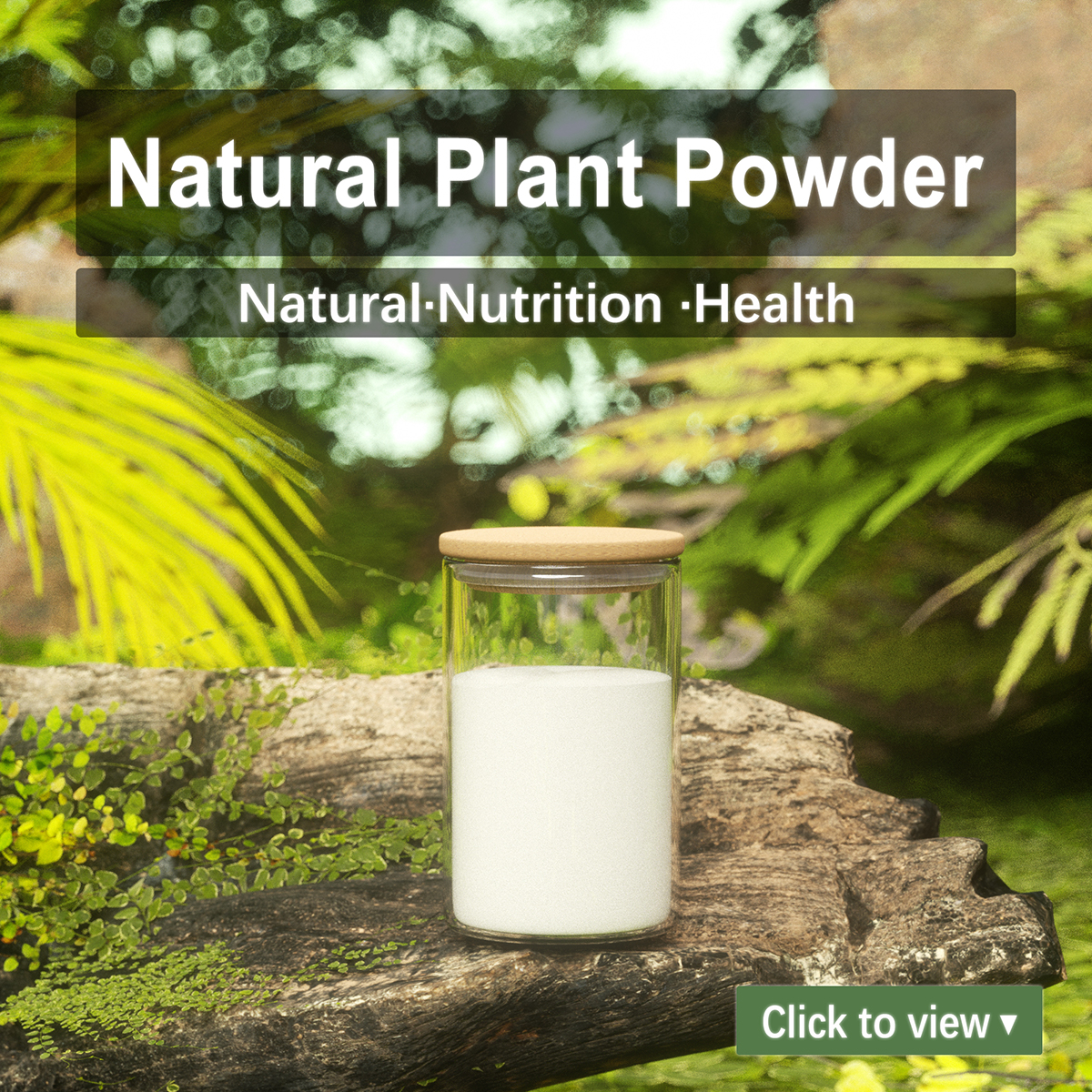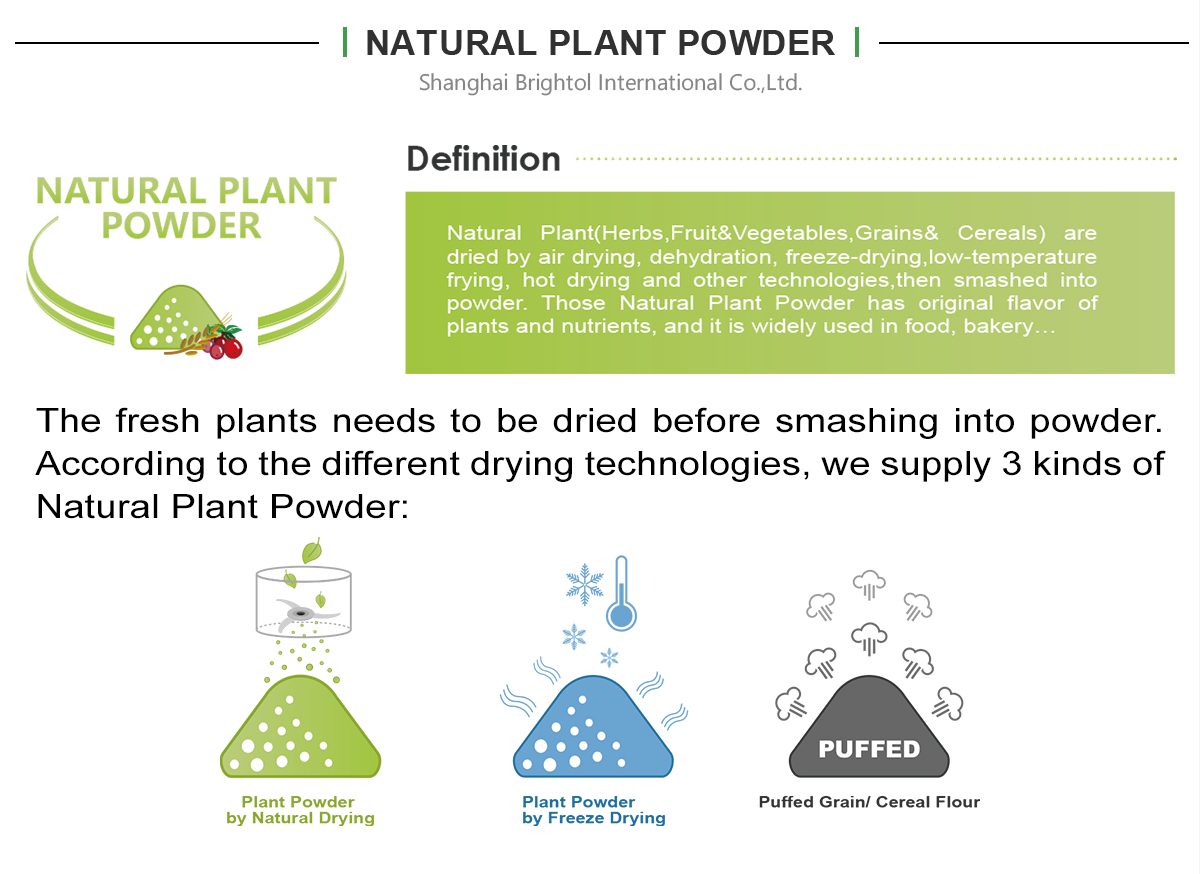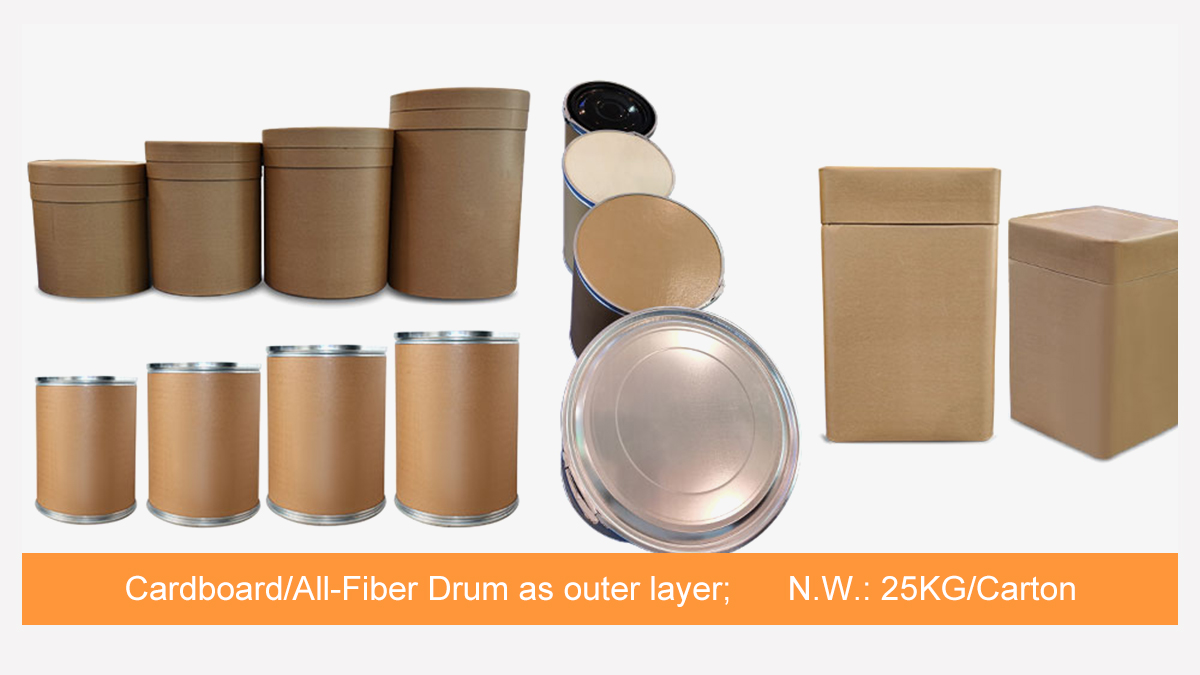

Description
Cauliflower is a cruciferous vegetable that belongs to the Brassicaceae family, which includes broccoli, kale, and cabbage. It derives its name from the Latin word ‘caulis‘ which means cabbage with a flower. The florets on the head of the cauliflower, also known as curd, are tightly clustered and consist of immature flower buds attached to a central stalk. To protect the flavor and softness of the cauliflower heads, they are kept away from sunlight to prevent the development of chlorophyll pigment and over-maturity.
Cauliflower is a potentially rich source of vitamin C, folate, vitamin K, B complex vitamins, and vitamin E. It provides vital minerals such as calcium, magnesium, phosphorus, potassium, zinc, sodium, and iron without adding any harmful cholesterol. It contains some protein. It can also provide dietary fiber and may contain smaller amounts of natural sugars as compared to the other members of its botanical relatives, such as broccoli.


Description
Cauliflower is a cruciferous vegetable that belongs to the Brassicaceae family, which includes broccoli, kale, and cabbage. It derives its name from the Latin word ‘caulis‘ which means cabbage with a flower. The florets on the head of the cauliflower, also known as curd, are tightly clustered and consist of immature flower buds attached to a central stalk. To protect the flavor and softness of the cauliflower heads, they are kept away from sunlight to prevent the development of chlorophyll pigment and over-maturity.
Cauliflower is a potentially rich source of vitamin C, folate, vitamin K, B complex vitamins, and vitamin E. It provides vital minerals such as calcium, magnesium, phosphorus, potassium, zinc, sodium, and iron without adding any harmful cholesterol. It contains some protein. It can also provide dietary fiber and may contain smaller amounts of natural sugars as compared to the other members of its botanical relatives, such as broccoli.
Health Benefits
1. Prevent Oxidative Stress
2. Improve Cardiovascular Health
3. Have Anticancer Potential
4. Help Prevent Stomach Disorders
5. Help Improve Iron Absorption
6. Slow Down the Progression of Respiratory Problems
7. Improve Bone Health
8. Slow Down Macular Degeneration
9. Help Detoxify the Body
10. Aid in Skin Care
11. Help Improve Hair Growth
12. Reduces the Risk of Nervous Disorders
13. Help Reduce Hypertension
14. Help Maintain Electrolyte Balance
15. Boost Immunity
16. Help Prevent Obesity
17. Help In Fetal Growth
18. Help Improve Brain Health
19. Help Manage Diabetes
20. Help Heal Colitis
21. Aid in Prevention of Stroke










